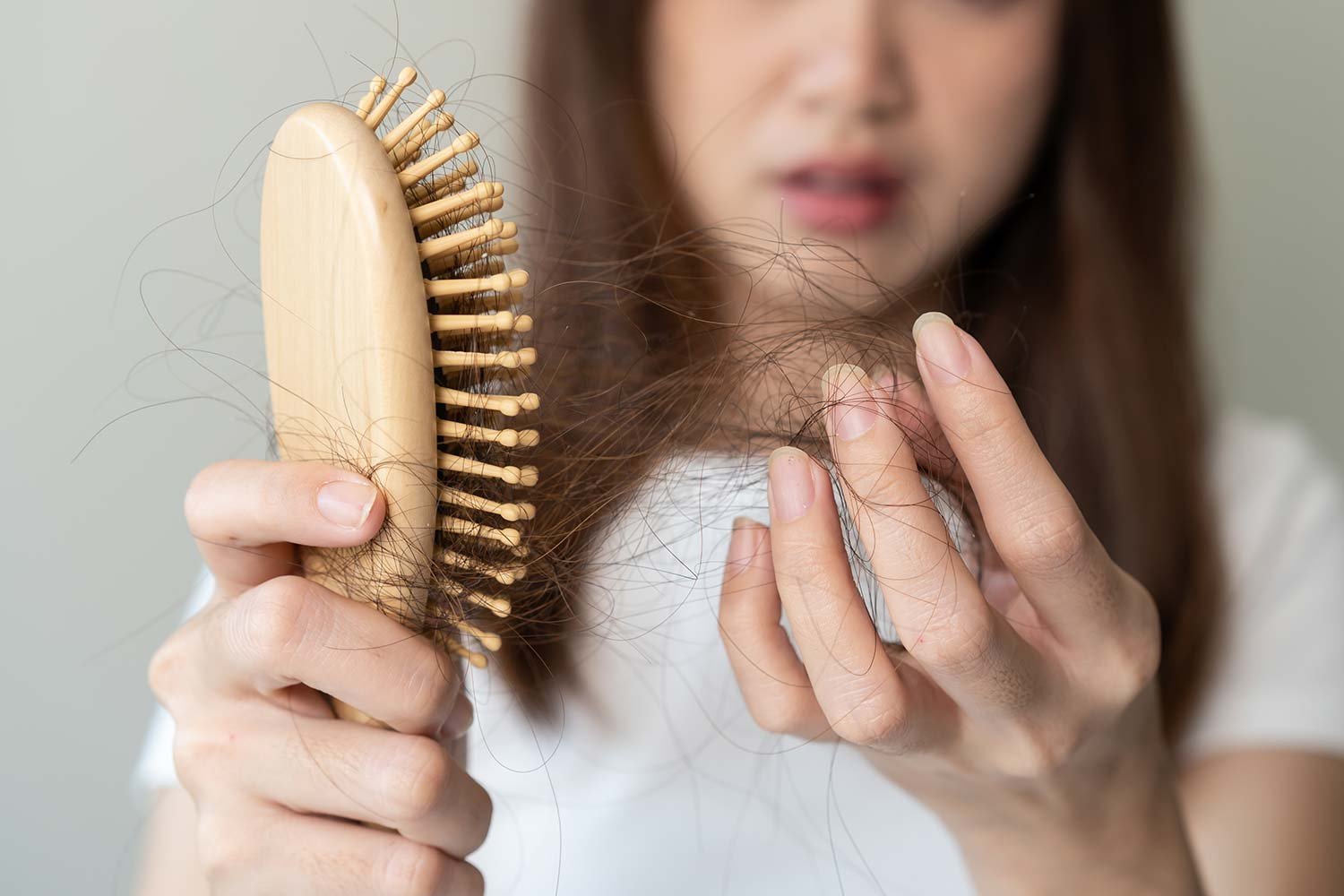When considering hair restoration options, one frequently asked question is, “Is a hair transplant permanent?” The answer is yes. Hair transplants are the only permanent solution for restoring hair, unlike other options, such as Scalp Micropigmentation (SMP), which are not permanent.
If you desire a lasting solution, a hair transplant is the way to go. For more details on hair transplant surgery, contact us at Philadelphia Hair Restoration today.
Is There a Difference in the Permanence of FUT vs. FUE vs. PRP
There is no difference in the permanence of the three hair transplantation techniques: FUT (Follicular Unit Transplantation), FUE (Follicular Unit Extraction), and PRP (Platelet-Rich Plasma). FUT and FUE are both hair transplantation methods where the permanence is the same.
PRP, on the other hand, is not a hair restoration or transplantation; it involves injecting your own plasma into your scalp to stimulate your latent fine hairs to thicken and proliferate, making this treatment a permanent solution as well.
Why Hair Transplants Are Considered Permanent
A hair transplant is permanent because of the way the follicle was extracted and where the hair came from. For example, all of our donor sites are in the back part of the scalp. We strategically choose hair from that area because men tend not to lose hair there. With our donor sites, there’s genetic memory; hair remembers where it came from and will continue to grow.
Because the hair follicles still think they are in their original location, even after being transplanted, hair transplants are considered a permanent procedure.
Effectiveness & Success Rate of Surgeries
The success rate of hair loss transplantation is exceptionally high, with over 95% of the transplanted follicles taking root. In terms of permanence, you can expect the transplanted hair to stay for a lifetime. However, weaker native hair that existed before the transplantation may continue to thin over time, potentially necessitating further hair transplantations.
Nonetheless, the transplanted permanent hair will remain. This high success rate is a testament to the effectiveness of hair transplantation as a reliable and lasting solution for hair loss in men and women.
Why Do Hair Transplants Sometimes Fail?
A failed hair transplant can sometimes occur due to poor post-operative care, unsuitable candidates, or low-quality existing hair to be used as a donor. Ensuring proper post-operative care and selecting the right candidates is crucial for the success of the procedure.
The Ideal Candidates for Hair Transplants
The ideal candidate for hair transplantation is someone who has a good donor site, typically located in the back of the scalp. Additionally, a patient’s motivation toward surgical hair restoration is crucial. For more details about the ideal candidate for hair transplantation, we’ve covered this in previous videos linked in our description.
Criteria for the Best Candidates
The criteria for a good candidate for a hair transplant is a person with strong donor hair, usually at the back of the scalp. This area is usually rich in healthy hair follicles suitable for transplantation. Additionally, the best candidates have stable hair loss and are in good overall health.
In order to determine whether or not you’re a good candidate for a hair transplant, schedule a consultation with one of our hair transplant experts.
Setting Realistic Expectations
It’s important to understand that while hair transplants are permanent, the native hair might continue to thin, potentially requiring future procedures. Realistic expectations and understanding the scope of the procedure are essential for satisfaction.
Candidates should be aware that multiple transplant sessions may be needed depending on the extent of hair loss and the desired density of transplanted hair. Also, it can take several months for hair growth to become noticeable, with full results taking up to a year.
Availability & Quality of Donor Hair
The quality and availability of donor hair play a significant role in the success of a hair transplant. Normal hair from the back of the scalp is generally the most suitable due to its resistance to thinning. The characteristics of donor hair, such as texture, color, and curl, should match the recipient area to achieve a natural look.
Hair Transplant Procedure Steps
Hair transplant surgeries involve three steps to ensure a successful outcome. Here’s a detailed overview of the process:
- Extraction of Hair Follicles: The procedure begins with the extraction of hair follicles from the donor site, typically located at the back of the scalp. This area is chosen because it is generally resistant to hair loss.
- Preparation of the Recipient Site: The recipient site, where the hair will be transplanted, is carefully prepared. This involves creating tiny incisions or recipient sites to accommodate the new hair follicles.
- Implantation of Hair Follicles: The extracted follicles are meticulously implanted into the prepared recipient area. Each follicle is placed with precision to ensure a natural look and proper hair growth direction.
Potential Risks & Considerations To Make Before Getting The Surgery
Before opting for a hair transplant, consider potential risks such as infection, scarring, and the possibility of unsatisfactory results. It’s essential to discuss these risks with your surgeon to make an informed decision.
Post-Operative Care & Maintenance Tips for Long-Lasting Results
Proper post-operative care can ensure the permanence of your hair transplantation. This includes following our checklist provided in the postoperative instructions. Key actions involve avoiding strenuous exercise early on, using gentle shampooing techniques, refraining from picking at scabs, and taking medications as directed.
Adhering to these post-operative care instructions is vital for achieving long-lasting and successful hair transplant results.
Schedule Your Hair Transplant Consultation with Philadelphia Hair Restoration Today!
If you’re considering a hair transplant, schedule a consultation with Philadelphia Hair Restoration today. Our experts will guide you through the process and help you achieve long-lasting results.




